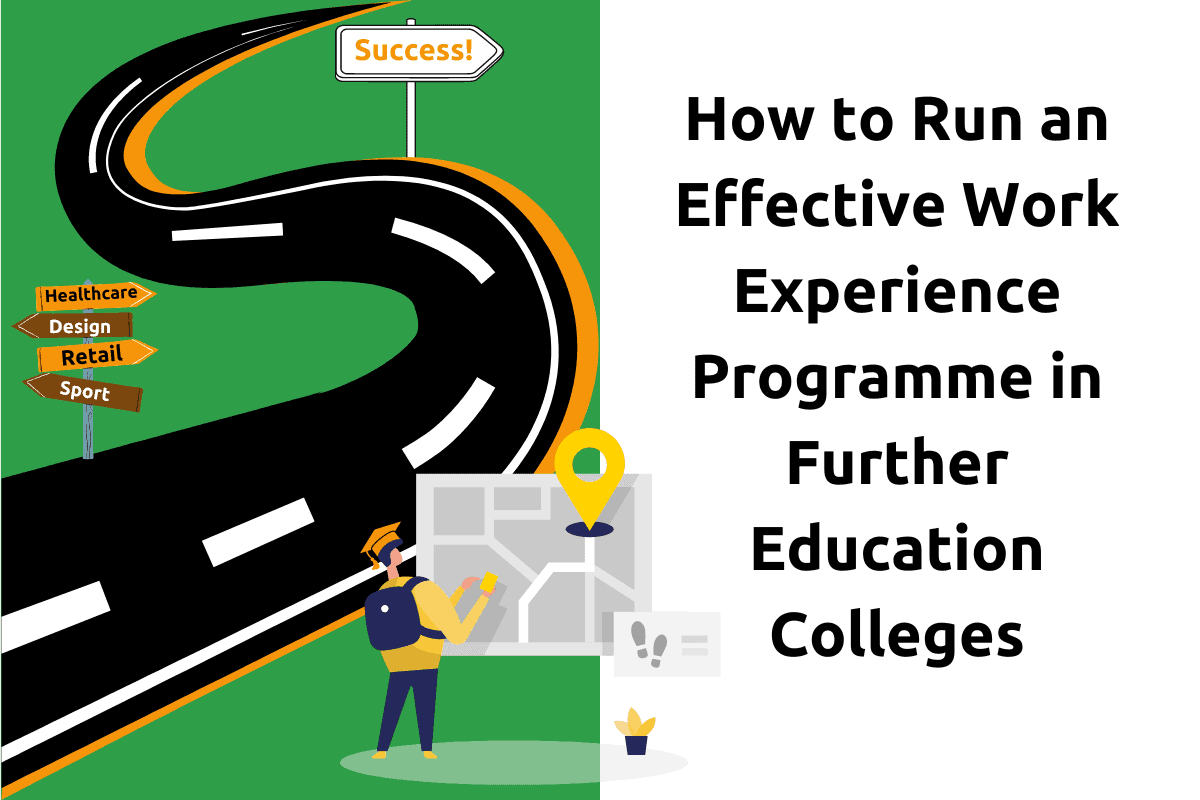You recognise the value of work experience programmes in bridging academic learning with real-world application, but where do you start when creating a programme that stands out? Work experience programmes both enhance students’ employability skills and also provide invaluable life lessons.
In this guide, we’ll outline effective tactics for upgrading your existing programme to foster more meaningful opportunities for students.
1. Setting the Stage: Defining Clear Objectives
Before launching a work experience programme, it’s crucial to establish clear objectives. Ask yourself:
- What should students gain from this experience?
- Which skills and knowledge are we aiming to develop?
- Is the focus more on employability or academic prowess?
By answering these questions, you can tailor the programme to better meet your students’ specific needs and aspirations.
Encourage involvement from stakeholders across the College in setting objectives: input from a variety of departments can add perspective as well as new ideas.
2. Building Bridges: Cultivating Employer Partnerships
Successful work experience programmes rely heavily on strong partnerships with local employers. These collaborations can offer students the chance to learn new skills and apply their classroom knowledge in a professional setting.
Identify potential employer partners in your community and work towards establishing mutually beneficial relationships. This not only enhances the student’s learning experience but also helps employers in identifying potential future talents.
3. Designing Success: Structuring Your Programme for Impact
A well-structured work experience programme is essential for maximising student learning and satisfaction. Design the programme to include opportunities for students to develop specific skills and gain practical experience.
Ensure that the structure also aligns with the needs of the partnering employers, allowing them to fully evaluate the students’ capabilities and fit within their organisations.
4. The Support System: Facilitating Student and Employer Success
Adequate support and supervision are key components of any work experience programme. Assign a dedicated supervisor for each student to provide guidance, feedback, and support throughout the programme. This supervisor should maintain regular communication with both the student and the employer to ensure that the experience is fulfilling and effective for all parties involved.
5. Perfecting the Process: Ongoing Evaluation and Enhancement
Continuous evaluation is vital to the ongoing success of work experience programmes. Solicit feedback from all participants, including students, employers, and supervisors, to gauge the effectiveness of the programme. Use this feedback to identify strengths and areas for improvement, allowing for timely adjustments to enhance the overall quality and impact of the programme.
Wrapping Up: Key Takeaways for Future Success
A meticulously designed work experience programme isn’t just a supplementary part of Further Education – it’s a transformative journey that equips students with the skills and insights necessary for real-world success. By setting clear objectives, building strong partnerships with employers, structuring the programme effectively, providing robust support, and continually refining the approach based on feedback, Further Education colleges can offer programmes that significantly contribute to student development and success.
As education evolves, incorporating technology to support work experience programmes is essential, paving the way for students to transition confidently into the dynamic workforce of tomorrow.
